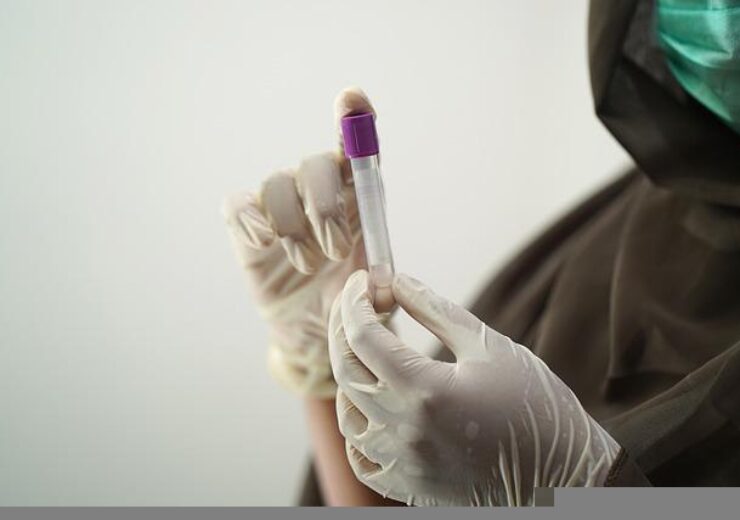The RaDaR assay used patient-specific primer panels to analyze ctDNA in blood samples of the 83-patient cohort

Inivata announces new data in support of its RaDaR assay for the detection of minimal residual disease (MRD). (Credit: Shameer Pk from Pixabay)
Inivata, a leader in liquid biopsy, announces new data in support of its RaDaR assay for the detection of minimal residual disease (MRD) and recurrence in patients with high-risk hormone receptor–positive (HR+), human epidermal growth factor receptor 2-negative (HER2-) breast cancer.
The data, from the CHiRP study (Circulating tumor DNA (ctDNA) and late recurrence in high-risk, hormone receptor–positive, HER2-negative breast cancer), has been published in the Journal of Clinical Oncology and was presented in part at the 2022 ASCO Annual Meeting which took place 3-7 June 2022 in Chicago, IL.
In collaboration with the Dana-Farber Cancer Institute, the AstraZeneca supported study used Inivata’s RaDaR personalized MRD assay to examine ctDNA and its association with metastatic recurrence in patients with high-risk, early-stage HR+ HER2- breast cancer at least five years after diagnosis – when over half of metastatic recurrences are known to occur.
The RaDaR assay used patient-specific primer panels to analyze ctDNA in blood samples of the 83-patient cohort. Samples were collected every 6-12 months, starting at a median time of 8.4 years (range, 4.9 – 20 years) after initial diagnosis, and followed for clinical tumor recurrence. Median follow-up time was 2 years from the first blood sample.
Ten percent of the patients had positive MRD results during the study. In all 6 cases of distant metastasis in the cohort, ctDNA was previously identified using the RaDaR assay with a median lead time of one year. None of the patients with positive MRD testing – which included an additional two patients who have not yet experienced recurrence – had known metastatic recurrence at the time of first plasma sample.
The data highlight the potential of the RaDaR assay to provide an early predictor of tumor recurrence which, in turn, may allow for earlier intervention, and demonstrates that tumor-informed ctDNA assays can be used successfully several years after diagnosis and treatment of the original tumor.
David Eberhard MD PhD, Chief Medical Officer at Inivata, commented:
“To our knowledge, this is the first data to be released on plasma ctDNA analysis for MRD detection in late adjuvant HR+ breast cancer patients, building on our existing evidence base in breast cancer as well as other indications. These results support the potential benefits of the clinical utility of the RaDaR assay in improving patient outcomes. The data will be useful in informing the future study of liquid biopsy to personalize treatment and prevent, or delay, late recurrence of early-stage breast cancer.”
Source: Company Press Release
